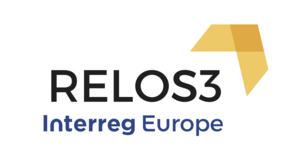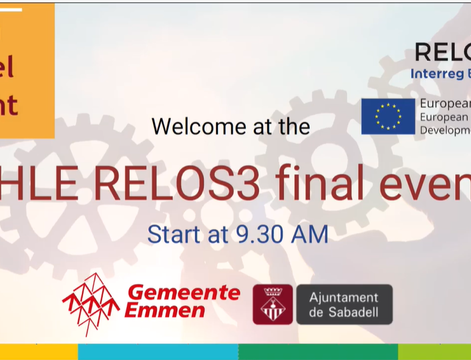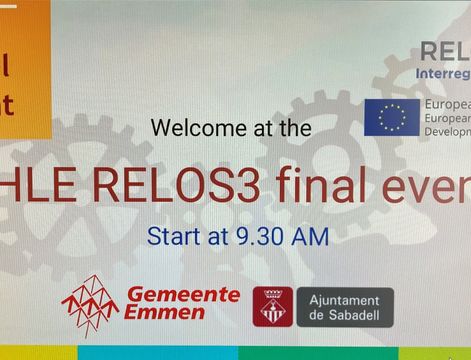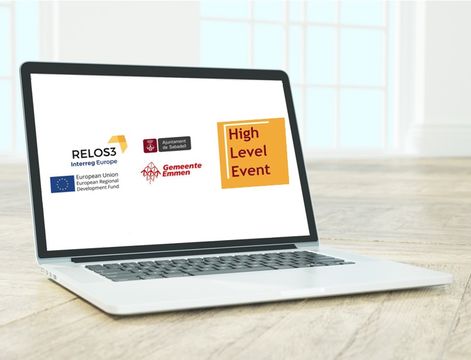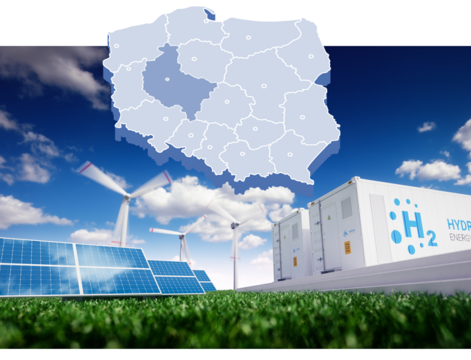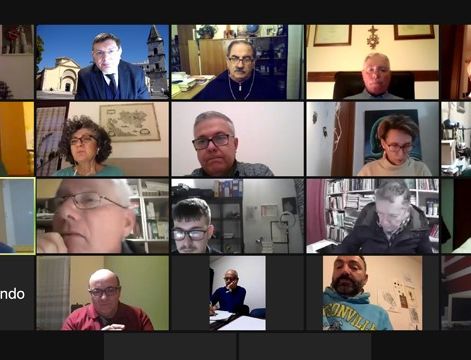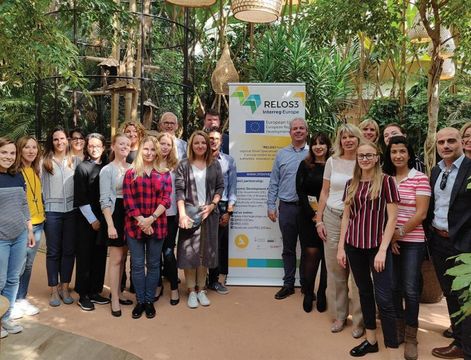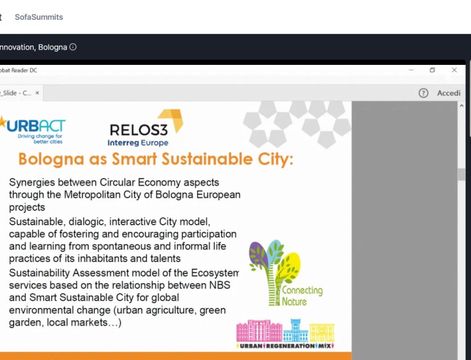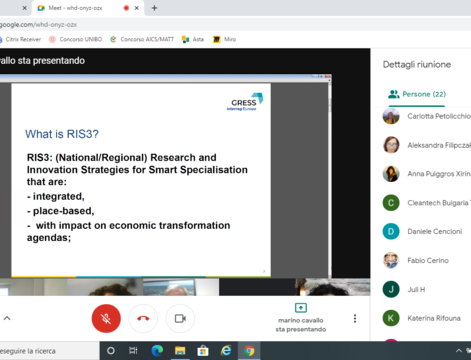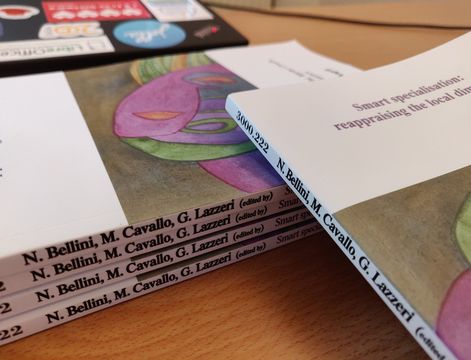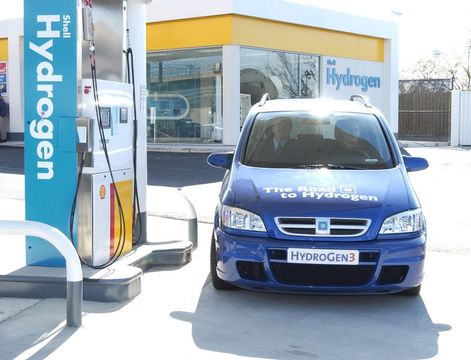In June 2018, the project visited Seville for the last thematic event in a series of five. With this meeting, we concluded the first phase of the project. We had events on diverse topics, such as taking RIS3 to the local level, how to build sustainable quadruple helixes (particularly with public-private cooperations) and the role of policies.
We ended with a thematic event aimed at capacity building among the project partners and other stakeholders. We are grateful to the Joint Research Centre of the European Commission, host of the S3 Platform, for their helpful cooperation in organising the sessions.
The event in Seville was helpful in bringing together all the knowledge, and to gain the latest insights and tools, to see the potential of Smart Specialisation and also to think back about the RELOS3 achievements. This input was particularly sought by RELOS3 partner who will now proceed in developing their local action plans.
Day 1: 13 June 2018
It is perhaps too much to discuss all the contents of the event in full detail (a report will be posted on this website in due course), but a few interesting points that remain:
- RIS3 appears to be very effective in overcome institutional blockages and provoke policy making changes
- Local cooperation has been a great success in many different circumstances, in big cities such as Berlin (creative industries and open ecosystems), rural areas such as Extremadura (Torta del Casar) and even across borders between France and Spain (CompetitivEKO)
- The pros and contras of disruptive versus incremental innovation (in the Jämtland case)
- Travel links can be a great boon for Smart Specialisation at the local level and can inspire great creativity and inward investment of human capital if properly facilitated (in the Porto Digital case)
- Trust or the absence of it is an important indicator for the overall potential of Smart Specialisation stratgies
The first day ended with lively discussions on how to proceed with RIS3 implementation at the local level.
Day 2: 14 June 2018
The second day was focused on the latest findings from research, both from inside and outside the partnership.
Up first was a presentation of the research done inside our own partnership. The project commissioned some research with the Sant'Anna School of Advanced Studies, a baseline study with follow-up research in 2019 and 2020. It was found that the RELOS3 partnership at the moment is predominantly mission-oriented and that collaboaration between the local and regional level is good, increasing the chances of success of bringing smart specialisation to the local level. It was clear that the Action Plans would give more direction to the direction, and also that co-design of initiatives between the partners would be a good extension of the project.
From the JRC we learnt that the latest findings show that cooperation remains very important to the success of smart specialisation. Involvement from stakeholders of all types is necessary, and genuine benefits arise from that open attitude.
The meeting ended with an interactive Mentimeter session, in which various statements on RIS3 were discussed. They included issues such as the necessary detail for a RIS3 strategy, whether always a public organisation should lead the process and which aspects were the most relevant. These topics provoked some good disucssion, which helped to hone everybody's opinions against those from their peers.
Conclusion
The project enjoyed the revision of all the various topics that were discussed and mirroring them against peers. In that sense, a real increase of the capacity among the project members and other stakeholders was achieved. It provided a lot of insight and potential for two crucial activities in the next phase of the project: the development of local action plans, and starting the in-depth visits from September 2018.
